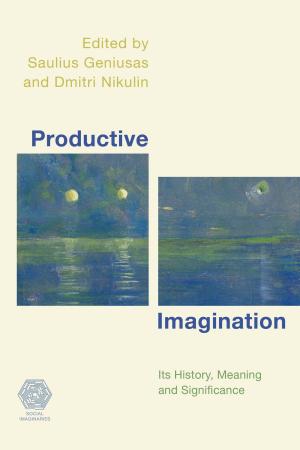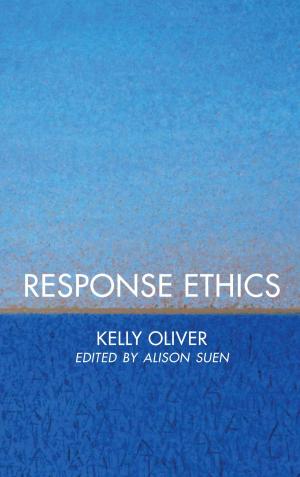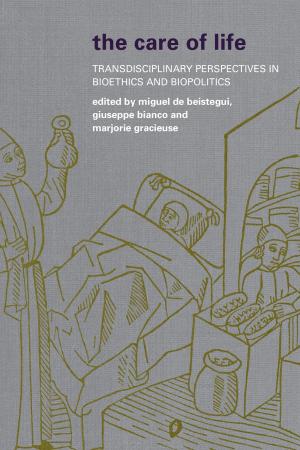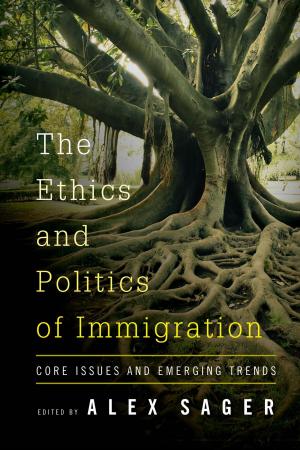Correspondence 1949-1975
Fiction & Literature, Literary Theory & Criticism, European, German, Nonfiction, Religion & Spirituality, Philosophy, Phenomenology, Modern| Author: | Martin Heidegger, Ernst Jünger | ISBN: | 9781783488773 |
| Publisher: | Rowman & Littlefield International | Publication: | July 11, 2016 |
| Imprint: | Rowman & Littlefield International | Language: | English |
| Author: | Martin Heidegger, Ernst Jünger |
| ISBN: | 9781783488773 |
| Publisher: | Rowman & Littlefield International |
| Publication: | July 11, 2016 |
| Imprint: | Rowman & Littlefield International |
| Language: | English |
Beginning in 1949, the German novelist and essayist Ernst Jünger began a correspondence with the philosopher Martin Heidegger that lasted until Heidegger’s death in 1975. This volume contains the first English translation of their complete correspondence, as well as letters from Heidegger’s wife and son and others referred to in their correspondence. It also contains a translation of Jünger’s essay Across the Line (Über die Linie), his contribution to a Festschrift celebrating Heidegger’s sixtieth birthday.
Jünger’s and Heidegger’s correspondence is of enormous historical interest, revealing how both men came to understand their cultural roles in post-war Europe. It is valuable as well for showing the emergence of themes pervasive in Heidegger’s post-war thought: his cultural and political pessimism and his concern with the problem of global technology. The correspondence also reveals the evolution of a philosophical friendship between two writers central to twentieth century European thought, and the mutual influence that friendship worked on their writing.
Beginning in 1949, the German novelist and essayist Ernst Jünger began a correspondence with the philosopher Martin Heidegger that lasted until Heidegger’s death in 1975. This volume contains the first English translation of their complete correspondence, as well as letters from Heidegger’s wife and son and others referred to in their correspondence. It also contains a translation of Jünger’s essay Across the Line (Über die Linie), his contribution to a Festschrift celebrating Heidegger’s sixtieth birthday.
Jünger’s and Heidegger’s correspondence is of enormous historical interest, revealing how both men came to understand their cultural roles in post-war Europe. It is valuable as well for showing the emergence of themes pervasive in Heidegger’s post-war thought: his cultural and political pessimism and his concern with the problem of global technology. The correspondence also reveals the evolution of a philosophical friendship between two writers central to twentieth century European thought, and the mutual influence that friendship worked on their writing.















